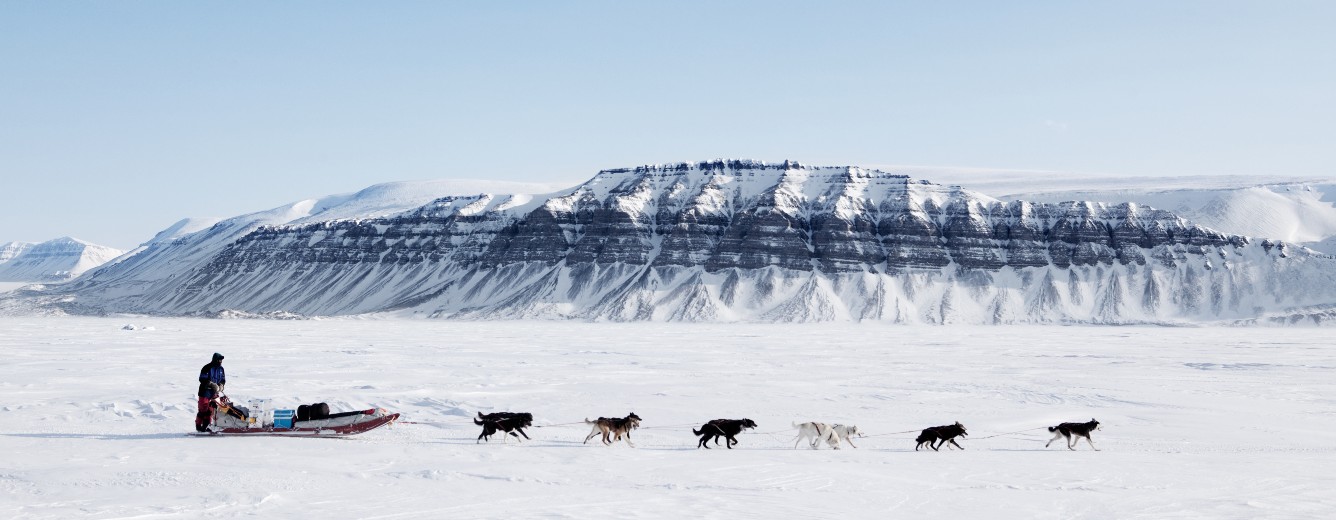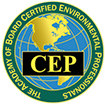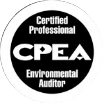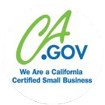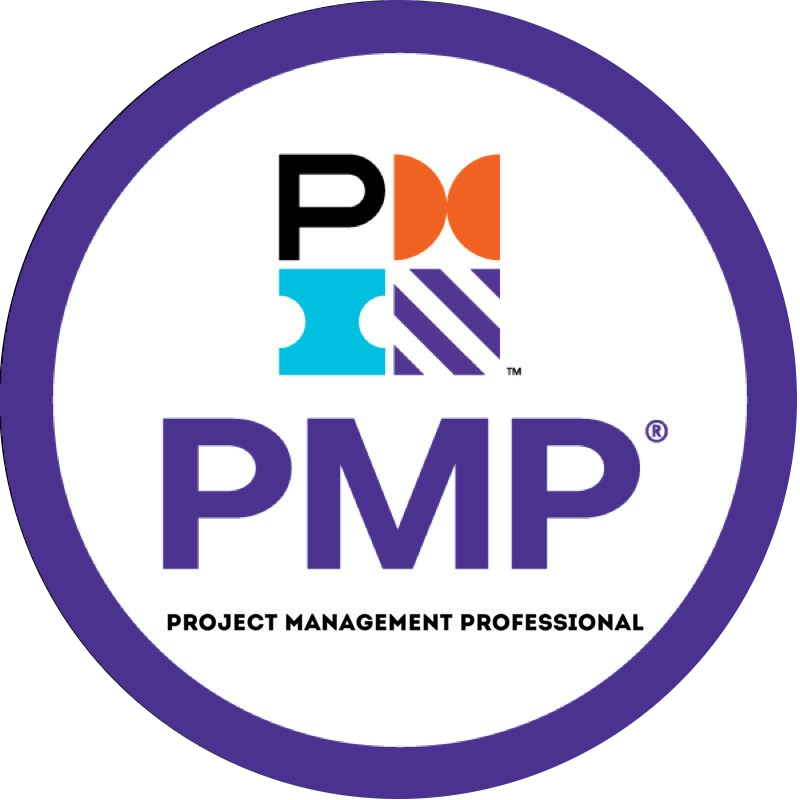On December 1, 2022, The White House Council on Environmental Quality and the White House Office of Science and Technology Policy jointly released new government-wide guidance and an implementation memorandum providing guidance for Federal agencies on how to recognize and include “Indigenous Traditional Ecological Knowledge” in Federal research, policy, and decision making. In a memorandum dated November 2021, the Biden-Harris Administration announced their commitment to elevate and include “Indigenous Traditional Ecological Knowledge” in federal decision making formally recognizing it as one of the many important bodies of knowledge that contributes to our collective understanding of the natural world.
1. What is Indigenous Traditional Ecological Knowledge:
“Indigenous Traditional Ecological Knowledge” is a body of observations, oral and written knowledge, innovations, practices, and beliefs developed by Tribes and Indigenous Peoples through interaction and experience with the environment. Examples of “Indigenous Traditional Ecological Knowledge” contributions include detailed and direct observations of wildlife behavior, changes in migration patterns, and overall population health. Changes in the ocean and terrestrial ecosystems are often identified by Indigenous Peoples before scientists and government agencies can take notice. Several decades ago, the Inupiaq People of northern Alaska warned of critical changes in the arctic ecosystem. Based on their firsthand observations, the Eskimos described significant thinning and diminishing ice pack and negative impacts on the arctic mammals such as the polar bear, which require coastal ice to hunt their marine prey.
2. Key Takeaways from the Implementation Memorandum
The Implementation Memorandum was developed by a work group comprised of more than 25 Federal departments and agencies engaging more than a 1000 individuals, organizations, and Tribal Nations. Several Federal Statutes already require federal agencies to gather, consider, and apply “Indigenous Traditional Ecological Knowledge” during decision making process. Many decision makers will be familiar with the process as it relates to specific statutes such as the National Environmental Policy Act, the National Historic Preservation Act, and the Native American Graves Protection and Repatriation Act. The degree and extent to which the guidance will impact individual projects will vary. Following are key guidance points to consider:
- Acknowledge Historical Context and Past Injustice
- Practice Early and Sustained Engagement (Consider engaging with Indigenous Peoples beyond the formal consultation process)
- Earn and Maintain Trust
- Respect Different Processes and World Views
- Recognize Challenges (Indigenous Peoples may face obstacles to equitable collaboration)
3. Lessons from Alaska – Learning from the Experts
In Alaska, federal agencies have long recognized the importance of consulting with and including Alaska Native communities in the planning and development of large, complex, and difficult natural resource management projects. Historically, efforts to include Alaska native communities in the planning process have been inconsistent and less than meaningful. The result can be, and often is, long protracted legal battles in the court.
Many engagement efforts are driven by the practical fact that the regional and native corporations own up to 40 million acres of land in Alaska, including 22 million acres of subsurface rights which are controlled by 200 Native villages. Federal agencies and private developers tend to view the Alaska native population as landowners and while this status gives the Alaska natives a “seat at the table” there can be a tendency to ignore the environmental knowledge and wisdom that subsisting on the land, waterways, and four different oceans over countless centuries can offer.
I had the opportunity to live in an Athabaskan village on the Nabesna River near the Canadian Border for several years. This was a time when several federal national wildlife refuges were in the planning phase, a critical time for the local community to ensure their subsistence and cultural lifestyle were protected. Instead, I witnessed a lack of effective communication which underscores the significant challenge of fostering meaningful engagement and collaboration between federal agencies and local communities. I described my experience in an article (Cross-Cultural Communication for Land Managers and Planners in Alaska, 1989) for the University of Alaska Journal:
“The U.S, Fish and Wildlife Service planners flew to Northway, Alaska to hold a public meeting about a management plan for the new Tetlin National Wildlife Refuge. The 90,000-acre refuge surrounds Northway, a traditional Athabaskan village. Living in Northway are elders who remember seeing the first automobile, the first airplane, and the first television. The refuge planners brought their briefcases, mandates, and rules. They wanted ‘input’ on the ‘scoping process,’ ‘issues,’ and ‘managing resource.’ Many villagers came to the meeting. They sat and listened to the agency representatives. Most villagers hesitated to speak. Local schoolteachers (non-Native) and community leaders familiar with meeting procedures soon dominated the meeting. A year later, the Fish and Wildlife Service held another meeting in Northway. No one from Northway came to the meeting.”
This breakdown in communication emphasizes the crucial necessity and significance of the 2022 Council on Environmental Quality and the White House Office of Science and Technology Policy guidance. It depicts the pressing need for enhanced engagement and collaboration between federal agencies and indigenous communities.
4. Conclusion
The practice of gathering and applying Indigenous Knowledge has improved vastly since those early days, and the new federal guidance and implementation memorandum should help federal agencies and other project proponents ensure meaningful engagement. As proven experts in the application of environmental regulations and guidance, Scout is committed to assisting federal agencies with ensuring that Indigenous Knowledge becomes an important cornerstone in your federal decision making and project implementation. Contact us today for further assistance at hello@scoutenv.com.

